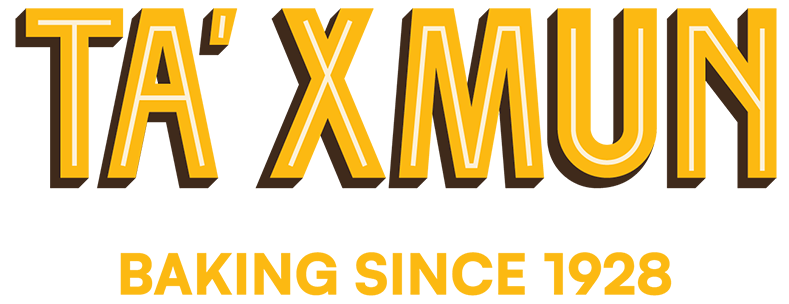The British Period in Malta
The British period in Malta began in 1800 and lasted until 1964, when Malta gained independence. During this time, Malta became an important part of the British Empire. The British brought significant changes to the island, from military developments to improvements in education and trade (Frendo, 2012).
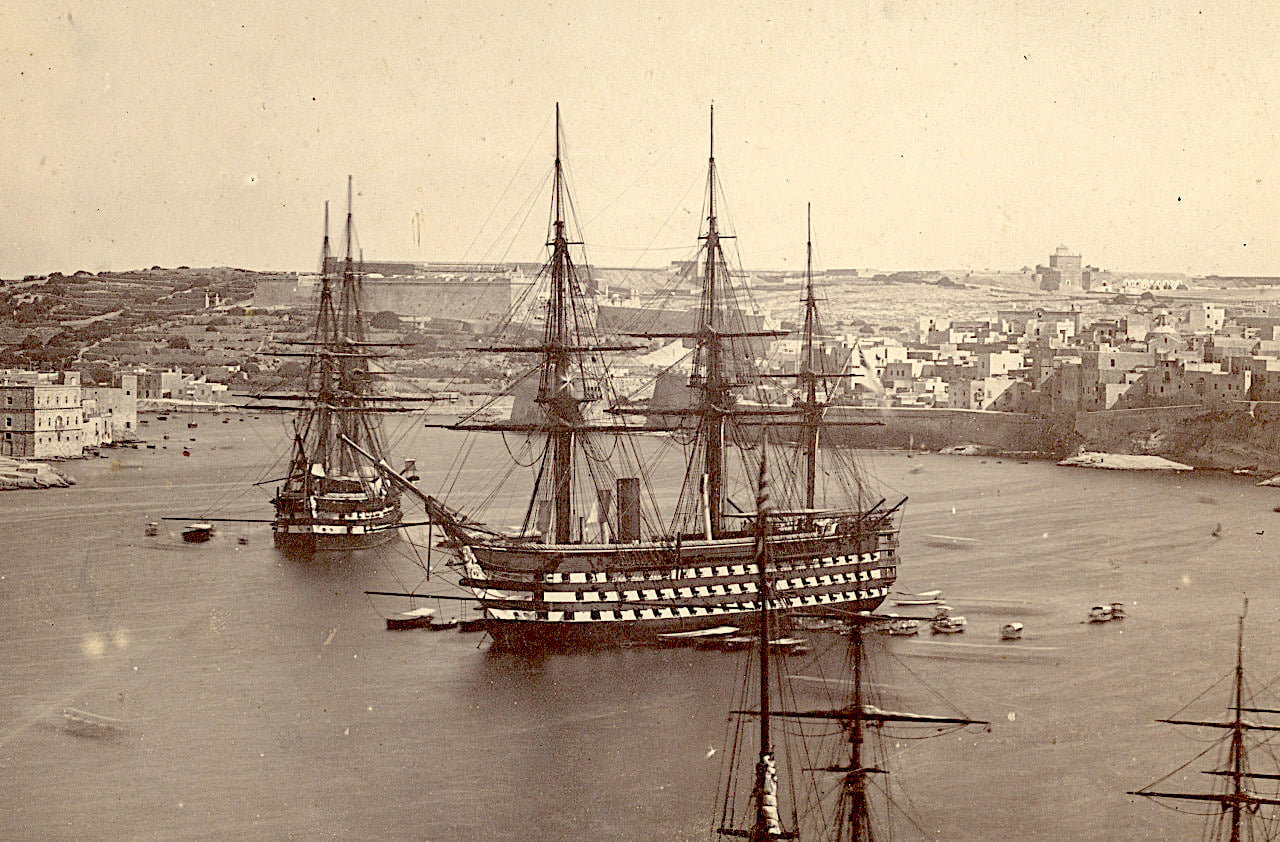
Why Did the British Come to Malta?
In the late 18th century, the French under Napoleon took over Malta. However, the Maltese people were unhappy with French rule and asked the British for help. The British sent their navy, and by 1800, Malta became a British protectorate (Harding, 2015). Later, in 1814, the Treaty of Paris officially made Malta a British colony.
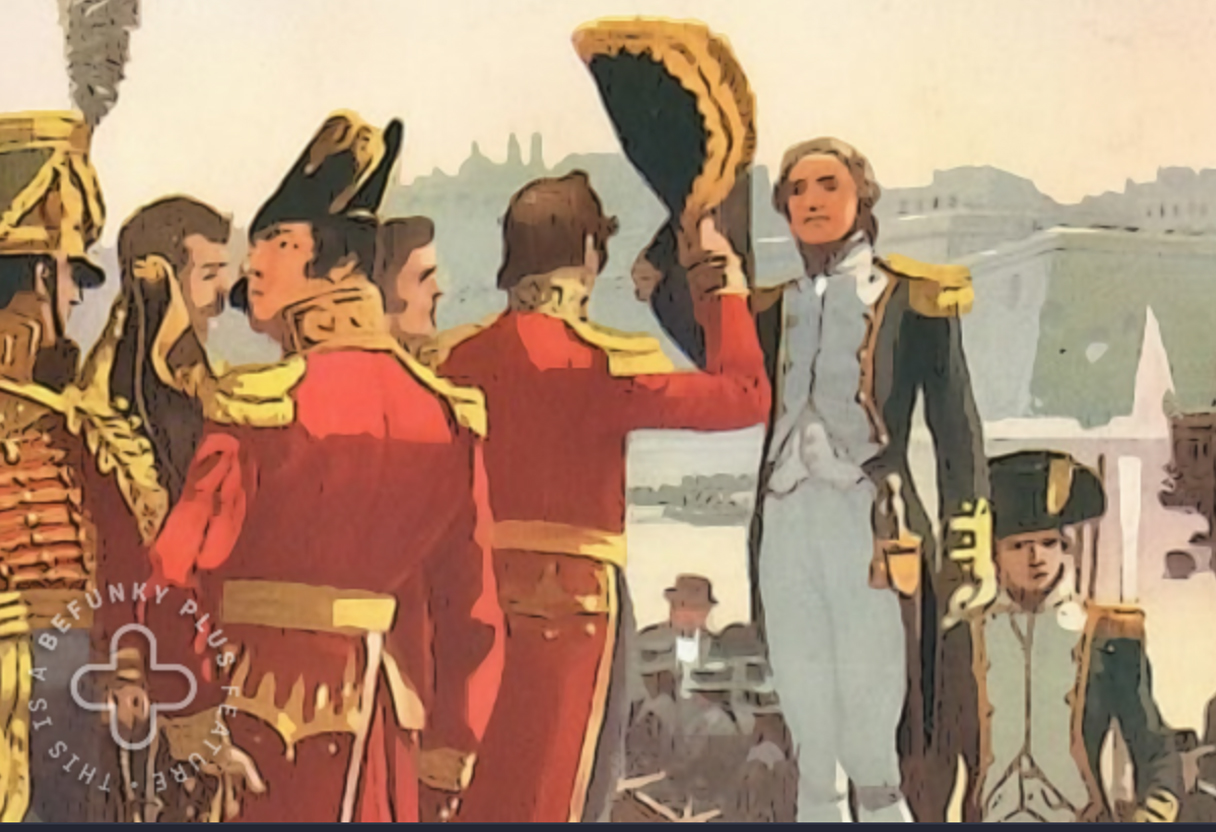
Malta as a Naval Base
Malta’s location in the middle of the Mediterranean made it an important naval base for the British. The Grand Harbour became home to many British warships and sailors. Malta was called the “Nurse of the Mediterranean” because it provided medical care to British soldiers and sailors during wars, especially during World War I and World War II (Frendo, 2012).
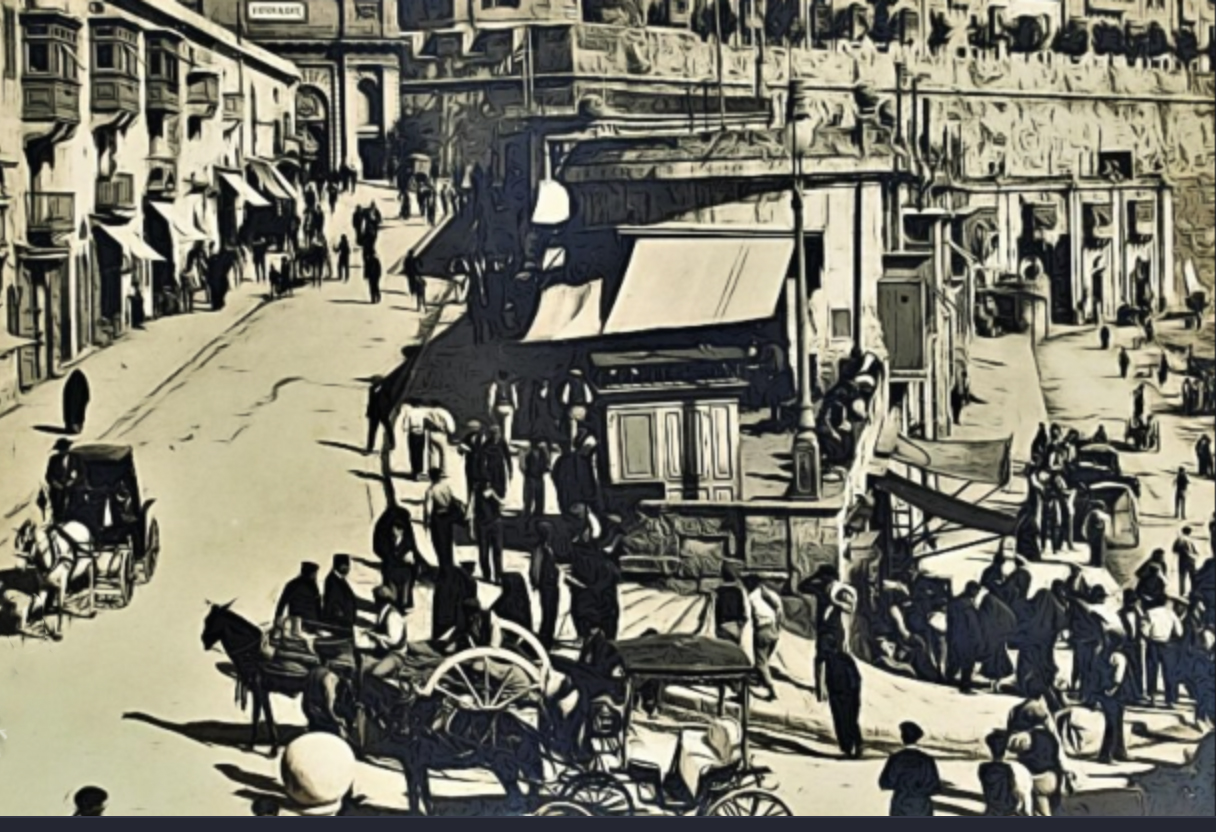
Changes in Daily Life
Under British rule, many aspects of life in Malta changed. The British introduced English as an official language alongside Maltese. They built schools, hospitals, and roads, improving living conditions for many people (Harding, 2015). However, there were also challenges. Jobs were often tied to the British military presence, and when the British reduced their forces, the Maltese economy suffered.

Malta During World War II
World War II was a difficult time for Malta. The island was heavily bombed by enemy forces because of its strategic importance. Despite this, the Maltese people showed great bravery and resilience. For their courage, King George VI awarded Malta the George Cross, which is now part of the Maltese flag (Frendo, 2012).

The Road to Independence
After the war, many Maltese people began to push for more independence. In 1964, Malta became an independent nation, ending more than 150 years of British rule (Harding, 2015). Although Malta is no longer part of the British Empire, it remains a member of the Commonwealth, showing the lasting connections between Malta and Britain.
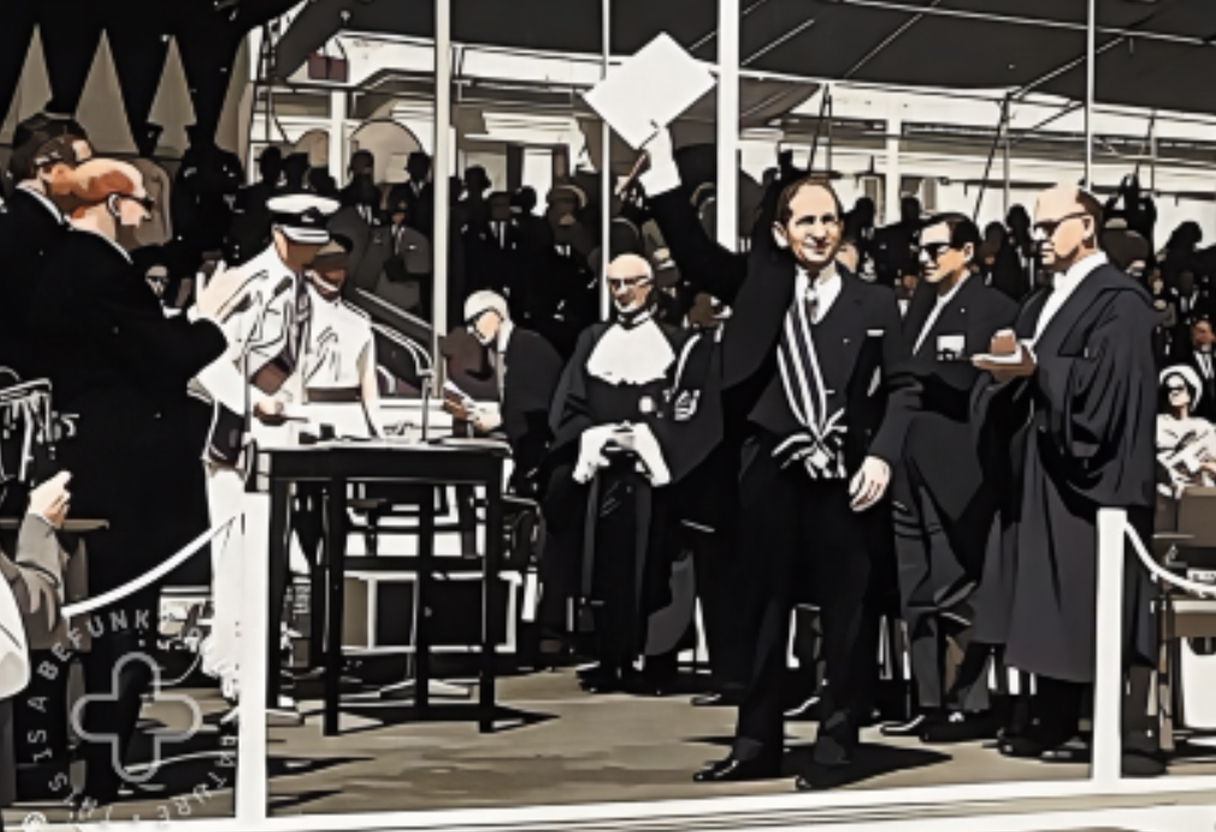
Learning from History
The British period was a time of change and challenge for Malta. It brought modern developments but also showed the resilience and determination of the Maltese people. By understanding this period, we learn how Malta’s history has shaped its unique identity as a small island with a big story.
References
Frendo, H. (2012). The British Colonial Experience in Malta. Midsea Books.
Harding, J. (2015). Malta and the British Empire. Progress Press.

